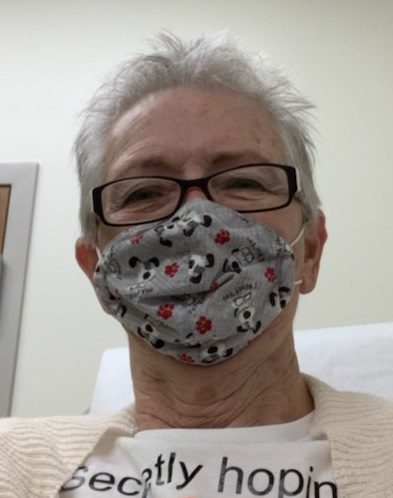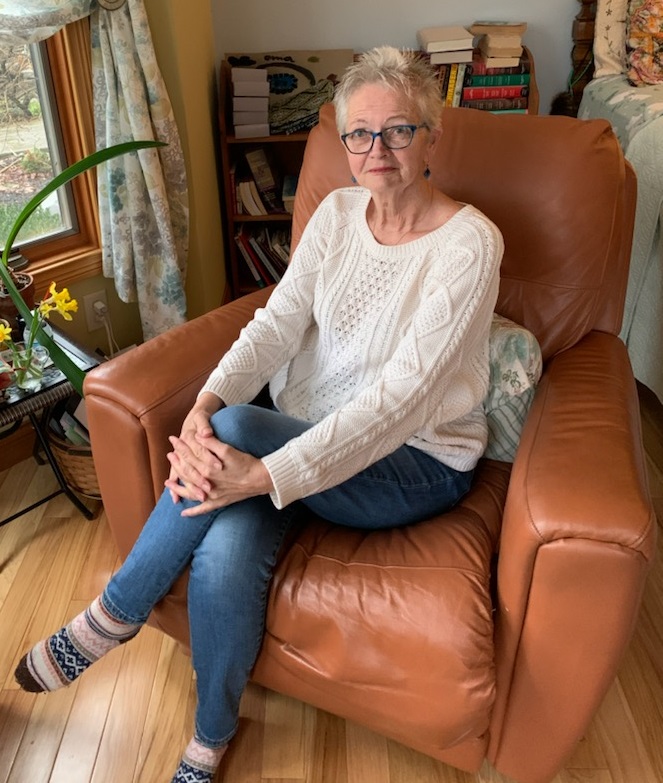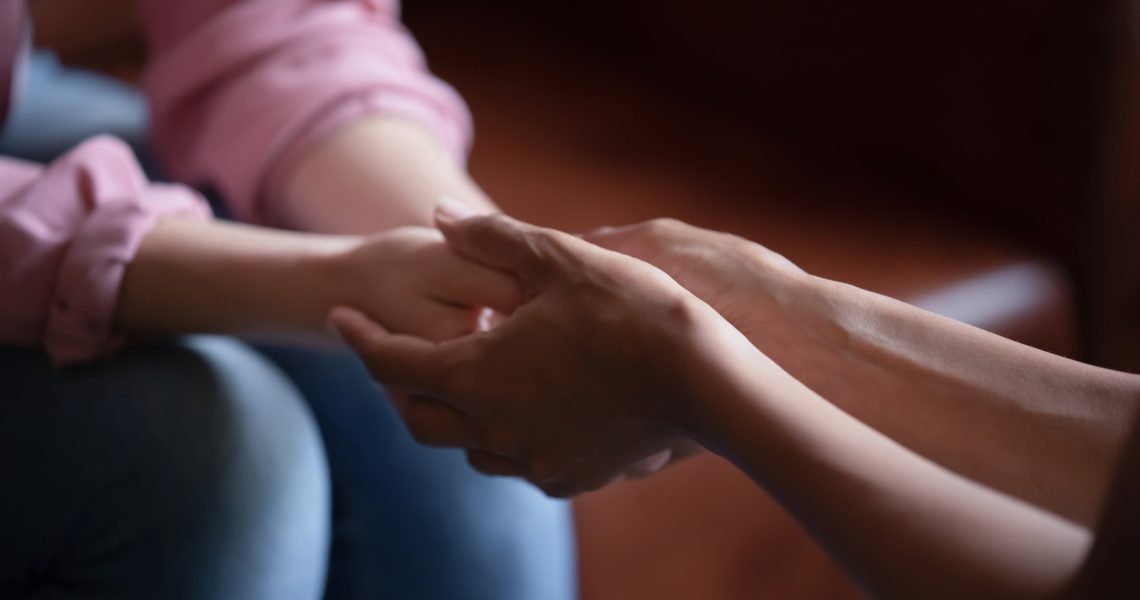Helping a Family Member Who Has a Brain Disorder
November 19, 2021 By Linda Verst, KY Certified Prevention Specialist
By Linda Verst, KY Certified Prevention Specialist
llverst@fuse.net
I don’t use the words “mental illness” a lot. Brain Disorder, in our society at least, does not seem to have as negative a feel to it. When I realized very early in our marriage that my husband suffered from a serious addiction to alcohol and other drugs, I sought help from a 12 Step Program for wives and family members. It was the difference for me between sinking or swimming.
After a few years of sobriety, my husband and I came to see that alcoholism masked a very serious brain disorder. His diagnosis, which appeared accurate, was atypical bi-polar with post traumatic stress disorder and at times, hallucinations (auditory &/or visual) and suicidal ideation. With a history of addiction, this man had high tolerance, and thus needed higher doses of medicines to treat his brain. Some medications caused more severe side effects than they might with individuals who wouldn’t require such a high dose to be effective. It was often a guessing game to see what would work and at what dosage it would help without harming. I continued to attend 12 step meetings because the concepts I learned there were applicable to this issue and worked well for me.
Individuals must find their own path to recovery, whatever the illness, but what follows are some things that worked for me in the trenches – supporting a person with a severe illness, while still taking care of the physical, emotional needs of our five children and myself.
-
1. Supporting someone does not mean taking care of him. Each adult has a responsibility to be his/her own primary caregiver. In order to be there for others, we must each care for our own selves first.
2. Tell one another the truth to the best of your ability. Coping with serious illness of any kind requires a great deal of honest communication and cutting one another slack as needed. Everybody does not need to know everything. Be sensitive to the other person’s need for privacy.
3. Don’t panic. Recognize irrational behavior should it occur, and calmly support the person in seeing what is real, as opposed to what he thinks he hears or sees. Sometimes I could help with humor; sometimes just straight calm talk worked. I found it not helpful to raise my voice or get into an argument about who’s right or wrong. Please understand, this is different from what one might do with a dementia patient. In either case, arguments are futile. If there is no immediate danger involved, walk away until you can handle the situation in a peaceful manner.
4. Choose your professionals carefully. Get referrals from trusted sources. If you are not happy with a psychiatrist or other mental health professional, try a different one. Trust your inner knower; particularly look for one who treats you and the patient as part of the treatment team, not as the problem, and never unkindly or with disdain.
5. Don’t give up. In our case it was the 9th or 10th professional we found who worked well with us and treated my husband for nearly 20 years. One thing I learned from him was that a psychiatrist does not have to sit behind a big desk to remind you who the patient is.
6. Have a support group you can be yourself with and you can trust to not gossip. For me, it was the 12 Step group where I had established relationships.
7. Get all the help you need. Think outside the box. My husband saw a psychiatrist for medication and support. He also saw a psychologist for “talk therapy”. Along with my 12-step group, I saw a social worker to help me cope. If needed, we called team members together from time to time, including our children, to sort out feelings and responsibilities.
8. Be extra kind to all, especially yourself. The points made here are clear: black and white. People are squiggly. Count small successes because they will lead to bigger ones.
9. Develop your spiritual side. Try yoga and meditation. Exercise. Have a good family doctor, and take an antidepressant if needed. Show your children an adult who seeks help as needed and takes care of her own discomfort.
I remember one year we were traveling home from a vacation at the beach. Traveling through the mountains, my husband behind the wheel, I noticed that he was observing something I did not see on the hood of the car. “Are you okay?” I asked. Fine, said he. After a few more miles, his behavior did not change, and I asked “Seeing something I should know about?” “No.” said he. When things did not improve, I said calmly, kindly but firmly. “Maybe it’s time for me to drive for a while and give you a break.” He agreed and pulled over.
Our trusting one another to that extent did not happen over night. I believe that when I did not freak out or raise my voice or behave fearfully, he didn’t have to feel defensive. It took time, but worked well. Interestingly, after a half hour or so of driving, we hit a mountain thunder storm that terrified me as a driver. He could see this in me and said “Hey, I am okay to drive again. Pull over and let me help.” Indeed, he was an excellent bad weather driver, and the storm did not frighten him. On the contrary, I think it gave him more control to have a difficult reality to concentrate on. I could have thwarted his ability to help by not being cooperative and trusting.
 JOIN THE DISCUSSION
JOIN THE DISCUSSION
Add your thoughts about Helping a Family Member Who Has a Brain Disorder by submitting your comments in the reply box below. All comments are moderated prior to being posted on the web site. Thank you.
ABOUT THE AUTHOR

Photo by Maggie Stodghill, Student, Atherton High School
Linda became a “friend of Bill W’s wife, Lois” over 50 years ago. These days she’s retired from the prevention field, but continues to maintain certification and stays interested in current research. She’s a widow, now, with 5 adult children and 11 grandkids on whom she can practice her skills.
She enjoys sharing what she’s learned about treatment and prevention, along with her own experience, strength and hope as a volunteer. Although Covid has put a crimp in her style, she continues to volunteer at treatment centers, her local county detention center and in speaking engagements. Linda says: “I find that while many parents are unaware of the need for research based prevention, newly recovering folks are excited and even anxious to learn there are ways they can assist their kids in growing up healthy and resilient, giving them a better likelihood of remaining drug free.”
SUBMIT A GUEST BLOG
Are you interested in writing a guest blog for The Recovery Word? Click here for additional information.
